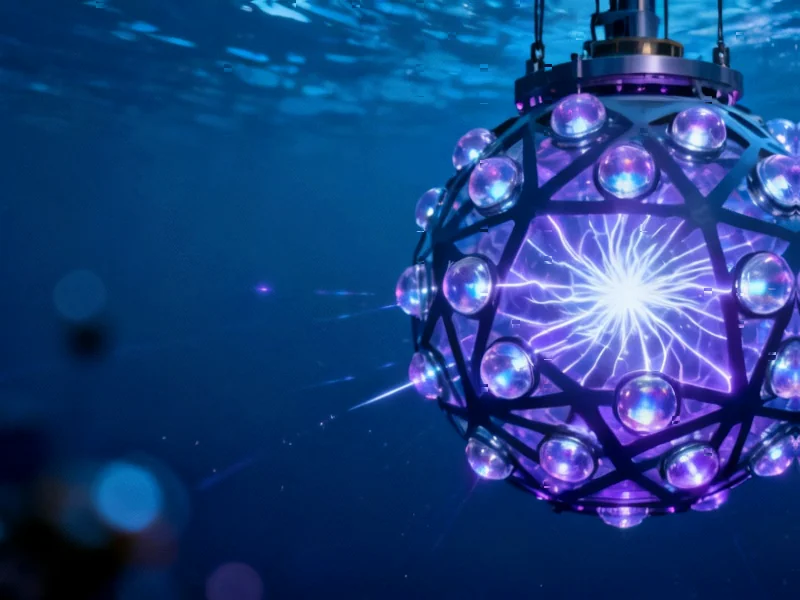4MOST Telescope Ushers in New Era of Cosmic Cartography with Spectroscopic Breakthrough
The 4-meter Multi-Object Spectroscopic Telescope (4MOST) has captured its first light, marking a quantum leap in astronomical observation. This revolutionary facility can simultaneously analyze 2,400 celestial objects, creating detailed chemical maps of the cosmos. The achievement culminates 15 year


